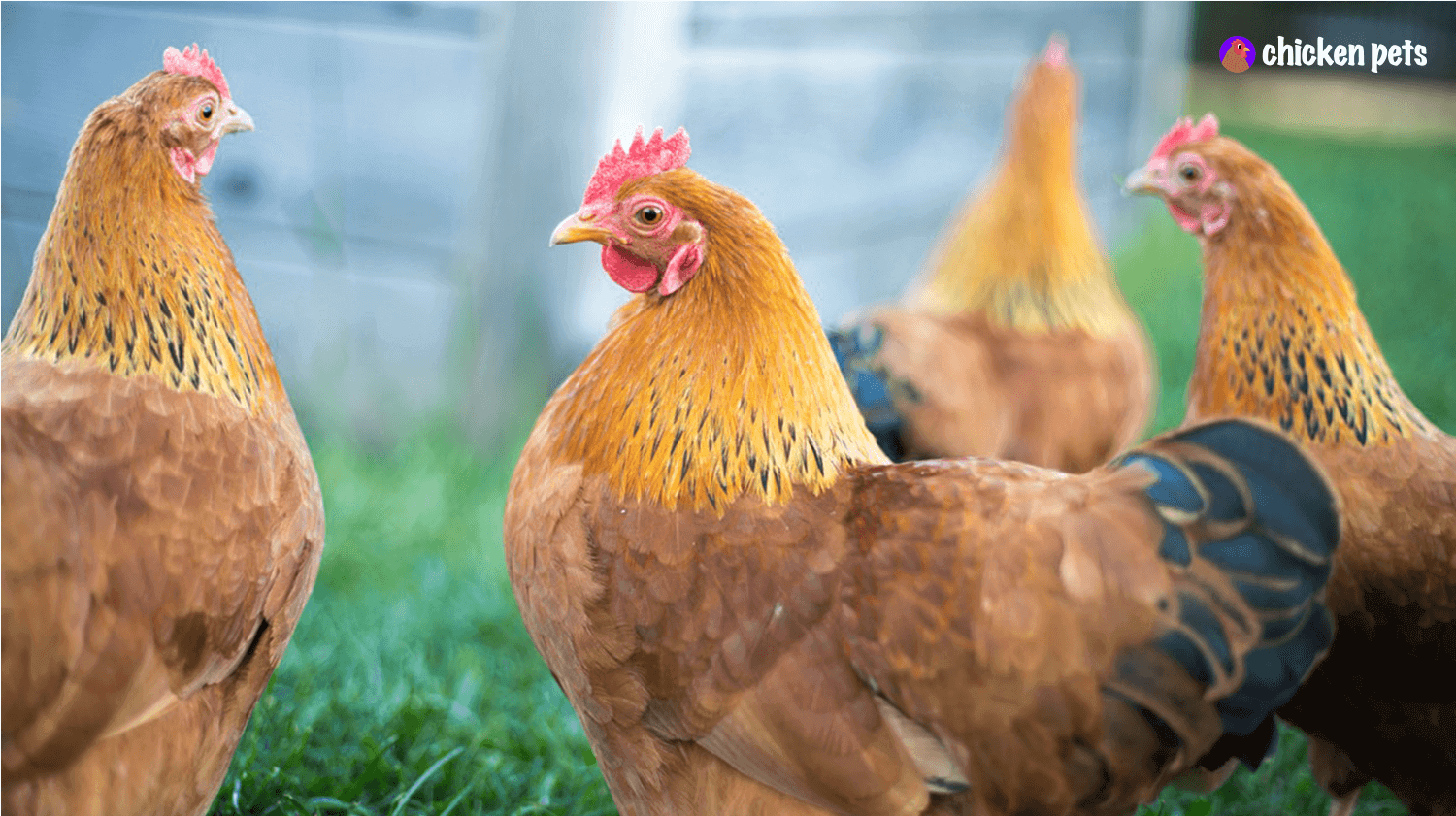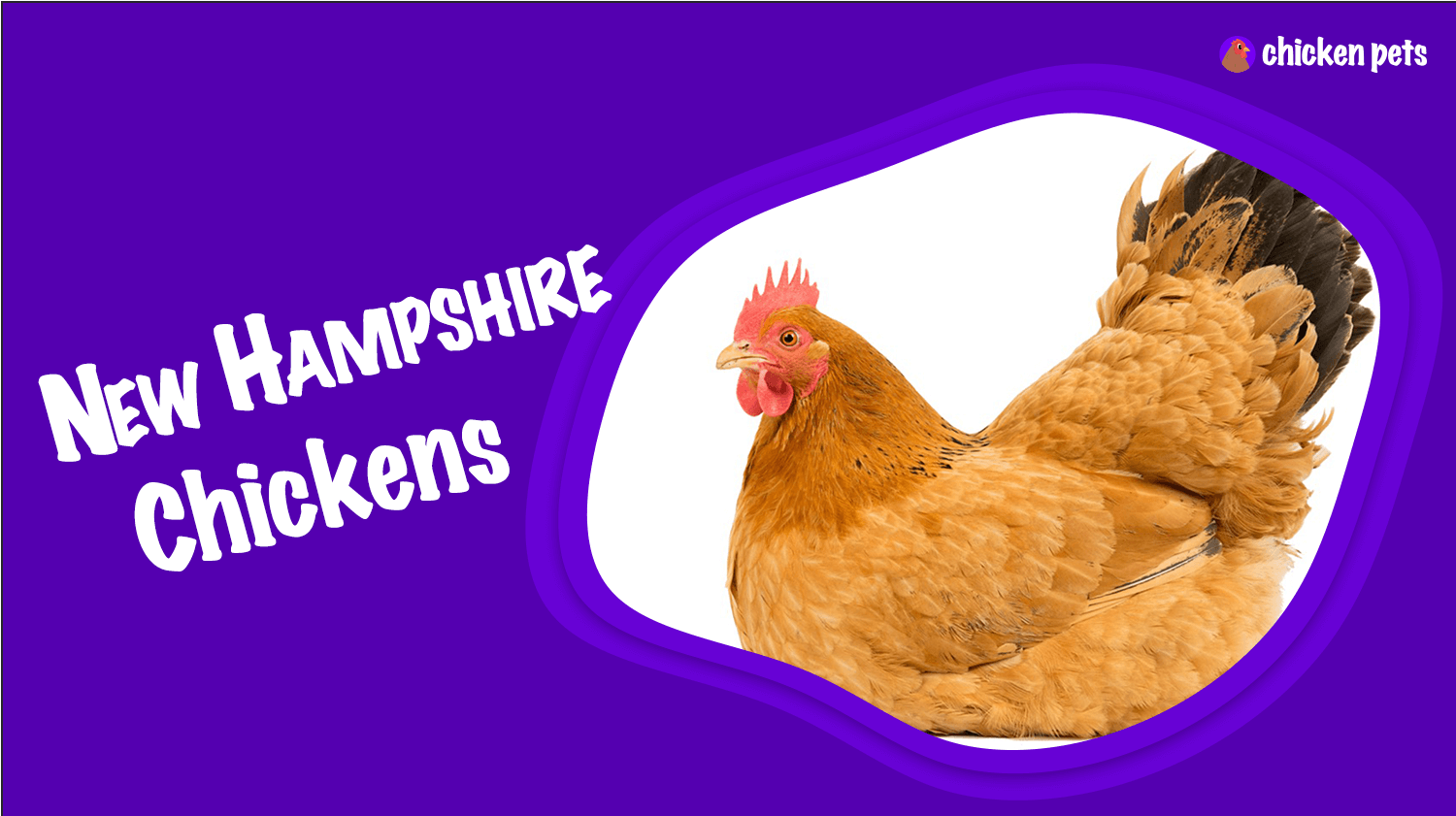New Hampshire Chickens: Everything You Need to Know.
There is no denying that chickens are one of the most beloved animals in the world. From providing us with farm-fresh eggs to providing hours of entertainment, they have become integral to many people’s lives. If you’re looking for the perfect breed to add to your backyard flock, New Hampshire chickens might be just what you’re looking for! You can just read on to discover everything you need about this unique breed.
Characteristics and Appearance of New Hampshire Chickens.
New Hampshire chickens are a dual-purpose chicken breed, meaning they are good egg layers and meat birds. They have a large single comb, moderately large wattles, and red earlobes. The back feathers are brown speckled with white, while the front has black-tipped chestnut feathers. These birds weigh between four and five pounds when fully grown and stand about fifteen inches tall at their peak. They are known for being active, friendly chickens that don’t mind being handled by humans.
The Egg Laying Ability of New Hampshire Chickens.
New Hampshire hens lay medium-sized brown eggs and start laying at around 18 weeks old. On average, they lay between 200 – 240 eggs annually—a great addition to any backyard flock! You can expect them to lay right up until winter sets in before going into a molt season, where they stop laying eggs during the cold months.
Temperament and Personality of New Hampshire Chickens.

These birds may not be as docile as some other breeds, but they still make great pets if handled correctly from an early age. They tend to be quite active, so it’s wise to give them plenty of space to move around without causing any trouble or making too much noise around people or other nearby animals. While these chickens generally get along well with others, sometimes cockfighting will break out between males due to their solid territorial instincts, so it’s essential to keep an eye on them in case things become heated.
How To Care For New Hampshire Chickens In Your Backyard.
Caring for New Hampshire chickens is relatively easy; all you need is some high-quality feed (which should include both protein-rich pellets and healthy treats like scratch grains) and access to clean water at all times. It would be best if you also had a safe chicken coop or run where your birds can sleep safely at night away from predators such as foxes or raccoons, and plenty of space outside where they can roam during the day (this could be a fenced-off area in your garden). Finally, ensure plenty of ventilation inside the coop and shade from direct sunlight during hot days—essential ingredients for keeping your chickens happy!
Pros And Cons Of Having New Hampshire Chickens As Pets.
Pros:
- Great egg layers produce around 200 – 240 eggs per year.
- The friendly disposition toward humans makes them easy pets.
- A robust constitution means they don’t often get sick.
- Hardy birds can withstand harsher climates compared with other breeds.
- Low maintenance compared with many different species.
Cons:
- They are not remarkably docile, so handling them can sometimes prove tricky.
- Males have solid territorial instincts, which can occasionally lead to fights.
- Prone to molt seasons, where they stop laying eggs during wintertime.
Conclusion: Is New Hampshire The Right Chicken Breed For You?
If you’re looking for a hardy bird producing lots of delicious eggs each year, look no further than the New Hampshire chicken! This dual-purpose breed requires little maintenance yet offers farmers more than enough benefits—making these birds ideal for new chicken owners looking for a reliable source of fresh eggs without compromising on personality or fun factor! So why not add a few of these friendly chickens to your backyard coop today?
Overall, the New Hampshire chicken is an excellent choice for a hardy bird that produces lots of delicious eggs yearly. With their robust constitution, low maintenance requirements, and friendly disposition towards humans, they are sure to be a great addition to any backyard flock. However, it’s important to remember that males have solid territorial instincts, which can occasionally lead to fights, so always keep an eye on them during the free-range time if you have multiple birds in one coop.

















